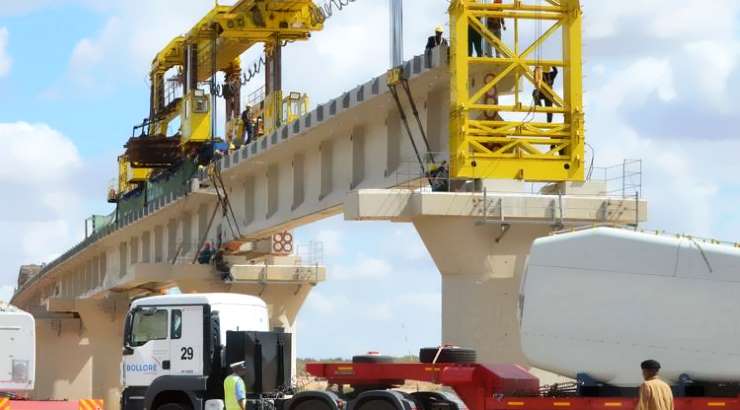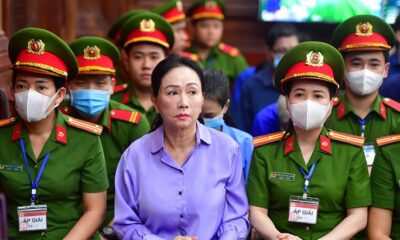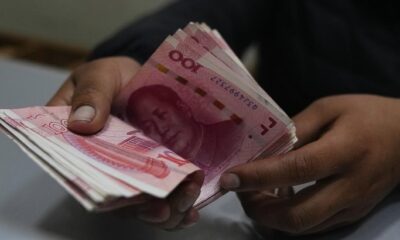Company News
China firm vows to cooperate with EACC on graft probe
Chinese firms are facing scrutiny over allegations of corruption and bribery in Africa.

A Chinese state-owned firm has promised full cooperation with the Ethics and Anti-Corruption Commission (EACC) in probing bribery accusations against its senior officials.
China Road and Bridge Corp (CRBC), which is building the Mombasa-Nairobi standard gauge railway, said on Sunday that it was conducting its own investigations into the matter that led to the arrest of Liu Yabin and another liaison officer Tang Ju last week.
According to EACC, the two were arrested by the anti-graft agency on suspicion of offering bribes to Kenya National Highways Authority officials on Mombasa Road in a bid to avoid charges for four overloaded trucks.
Liu is accused of proposing a Sh30, 000 bribe and Tang of offering Sh100, 000 worth of carrot to highways officials in return for waiving the charges on their lorries, which were overloaded with construction materials last weekend.
“We are doing internal investigations to establish the circumstances behind these allegations and shall communicate our findings to the investigating authorities,” CRBC external relations manager Julius Li said in a statement on Sunday.
He said the firm operates within the confines of the law across all markets where it has operations, including Kenya, and that it does not tolerate any form of dishonesty among its workers.
This comes at a time when Chinese state-owned firms are facing increasing scrutiny over the manner in which they handle allegations of serious corruption and bribery in their Africa operations.
EDITORIAL: Let’s step up fight against tender fraud and bribery
Despite China having tough rules prohibiting foreign bribery, the country is said to be sleeping on the job when it comes to enforcement of its law.
Professor Xu Yichong, a professor at Griffith University in Australia, on Thursday told the South China Morning Post that it was difficult for the state firms to oversee their subsidiaries and contractors operating abroad as there were no guidelines to punish them for corruption outside China.
“At most [the firms] would say they encourage the Chinese companies to behave properly, [but] there are no formal rules in China which regulate their behaviour in a third country,” she said, adding that it was baffling that legal action was taken by EACC over such a “small amount of money”.












